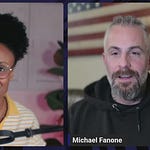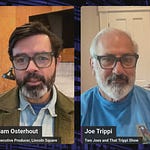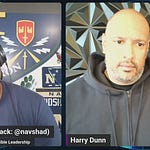Political violence only disappears when it’s condemned without exception. David Pepper warns that “unless you have a universal condemnation, it becomes a normal part of politics.” That line carries the weight of history, recalling Reconstruction’s massacres and assassinations where impunity turned brutality into routine governance. The same danger lurks now when flags fly at half-staff for some victims but not others — Charlie Kirk’s death honored while Democratic former Minnesota House Speaker Melissa Hortman and her husband were killed in Brooklyn Park, and Senator John Hoffman and his wife were left injured just miles away. Selective mourning is how democracy erodes in plain sight.
Rumor is no less corrosive. Lisa Senecal’s insistence that “we don’t know what happened” cuts against the rush to pin blame before facts emerged. Speculation has always been a match to tinder — Tulsa’s destruction a century ago showed how lies metastasize into bloodshed. What makes it worse today is that conspiracy now flows from the very top of the government. When Kash Patel, as FBI director, chose to speculate online instead of investigate, it signaled that even the state itself is willing to spread fire.
Resistance begins by contesting silence everywhere it shows up. Virginia’s decision to put a Democrat in every legislative race is the test case, and David calls those candidates “heroes for democracy.” Even in long-shot districts, the act of running plants seeds that can grow in the next cycle. Showing up forces accountability where there would otherwise be none. That’s how neglected communities start to see that silence isn’t permanent — someone is willing to carry their fight into the public square.
Even gerrymanders can’t lock outcomes forever. Missouri’s slicing of Kansas City is, in David’s words, “stealing districts in advance of an election they fear they’re going to lose.” The theft is real, but so are the cracks: Sharice Davids in Kansas and Marcy Kaptur in Ohio proved rigged maps can still be broken. Lisa captures the point with a sharper edge — “There’s no sneaking when the people show up.” Outrage may ignite resistance, but sustained organizing is what keeps it alive.
Join Lisa Senecal and David Pepper for a conversation on why selective outrage erodes institutions — and why showing up everywhere is the only cure.














